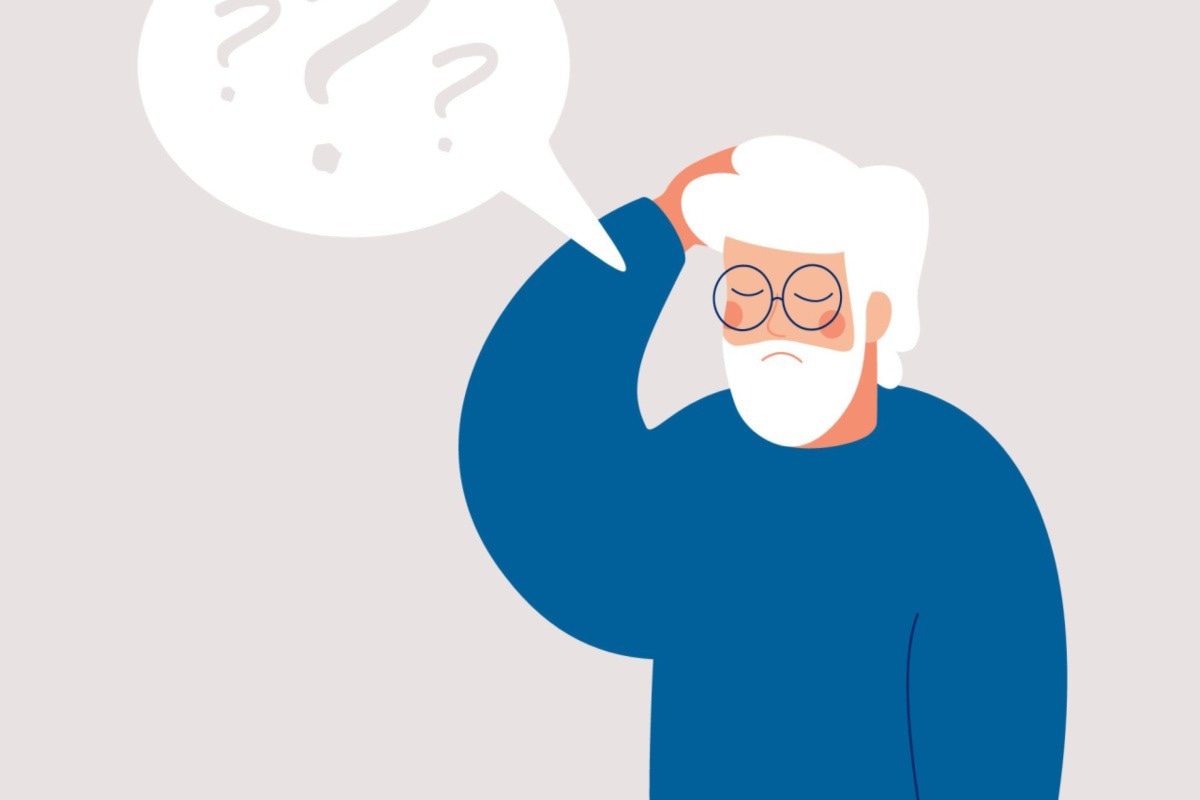In a recent study published in the Open Forum Infectious Diseases journal, researchers examined the aspects of cognitive impairment after hospitalization due to coronavirus disease 2019 (COVID-19).
 Study: Cognitive Impairment 13 Months After Hospitalization for COVID-19. Image Credit: Mary Long/Shutterstock
Study: Cognitive Impairment 13 Months After Hospitalization for COVID-19. Image Credit: Mary Long/Shutterstock
Several studies have reported the incidence of cognitive impairment after admission to intensive care units (ICU) due to chronic lung infections and infections such as severe acute respiratory syndrome coronavirus 2 (SARS-CoV-2). Frequent reports of persistent cognitive dysfunction have also emerged after COVID-19 diagnosis. However, only a few studies have utilized objective cognitive tests having a follow-up of over a year, as most studies employed simple screening tests.
About the study
In the present study, researchers analyzed the results of cognitive tests performed 13 months after hospital admission due to COVID-19 disease severity.
The team assessed 256 patients aged 18 years and above admitted to six hospitals which were a part of a longitudinal observational study named patient-reported outcomes and lung function after hospitalization for COVID-19 study (PROLUN). Eligible participants of the study included consecutive patients who were hospitalized till 1 June 2020. The team obtained baseline variables observed during severe COVID-19 from electronic medical records.
Comorbidity was scored with the Charlson comorbidity index, wherein the score was classified as 0 (uninfected) to 7. Among these, the categories that were relevant for hospitalized patients were: 3 for hospitalized patients who needed no oxygen therapy, 4 for patients who required oxygen via nasal prongs or mask, 5 for high-flow oxygen or non-invasive ventilation, 6 for those who needed mechanical ventilation and intubation, and 7 for those who needed ventilation as well as additional organ support.
The eligible patients were required to complete a tablet-based battery comprising one warm-up test and four cognitive tests obtained from the Cambridge Neuropsychological Test Automated Battery (CANTAB). The four tests included: (1) Delayed matching to sample (DMS) that tested visuospatial processing, short-term memory, attention, and learning; (2) one-touch Stockings of Cambridge (OTS) that tested executive function comprising decision-making and higher-level thinking processes; (3) rapid visual information processing (RVP) that tested sustained attention; and (4) spatial working memory (SWM) that tested working memory as well as strategy.
Results
The study results showed that among the 108 eligible patients, 86 participated, while 69% completed the cognitive tests within 396 days after hospital admission due to COVID-19 complications. The mean age of the patient cohort was 55.7 years, among which 57% were men.
Approximately 32% of the patients did not require supplemental oxygen during their initial hospital stay. In comparison, 51% needed only supplemental oxygen, and 17% required non-invasive ventilation, intubation with ventilator support, or high-flow oxygen. Cognitive impairment was prevalent in 25% of DMS, 24% of OTS, 21% of RVP, and 14% of SWM tests. Notably, 53% of all the patients exhibited cognitive impairment on a minimum of one cognitive test.
Regression analysis showed that severe SARS-CoV-2 infection was associated with a higher risk of cognitive impairment within the DMS domain with an odds ratio of 9.43 compared to patients who were not treated with oxygen. The team noted that disease severity did not considerably impact the rest of the cognitive domains.
Conclusion
The study findings highlighted the existence of cognitive impairment even 13 months after hospitalization due to COVID-19 in several cognitive domains. A significant association was noted between COVID-19 disease severity and non-verbal visual memory and visual pattern recognition. This finding should be further verified in future studies for longer observational periods.